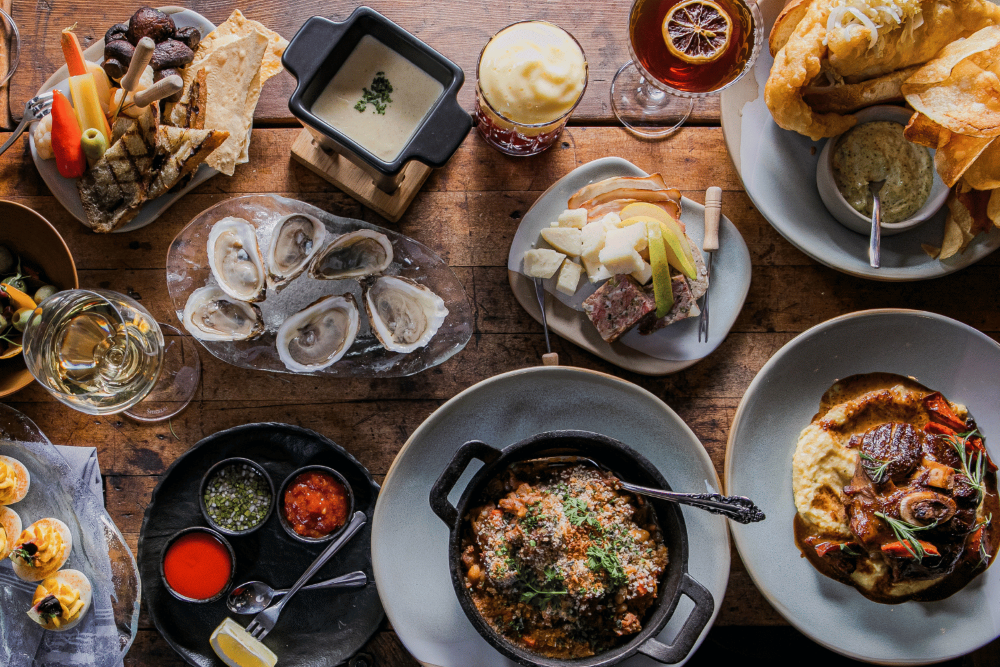Please Don’t Worry About Dieting This Holiday Season
The University of Pittsburgh’s Caroline Passerrello works with her clients on intuitive eating, a practice that helps to improve your diet and quality of life by listening to your body’s hunger and fullness cues.
When you’re getting ready for your holiday gathering this year, think about one food you look forward to the most, and enjoy that food without guilt, Caroline Passerrello says.
Passerrello, an assistant professor and community coordinator in the Department of Sports Medicine and Nutrition at Pitt’s School of Health and Rehabilitation Sciences, works with clients on intuitive eating, a weight-neutral approach to diet that rejects the idea that some foods are good and others are bad.
“Give yourself unconditional permission to just enjoy food and try to balance indulgment with nourishment,” she says. “There’s a place for both at the table.”
Passerrello has three main tips about how to set up an environment for success around eating: plan ahead, set boundaries and be present.
To plan ahead, think about what your favorite foods are and prioritize those. Setting boundaries can mean politely declining foods if you’re full and communicating your needs to others. In a social setting, being present means you’re focused more on the experience than the food. When you tune in to your body’s hunger and fullness signals and pause before going back for seconds, you can discern if you’re truly hungry.
“We are born intuitive eaters, but we lose that, and so we really need to consciously regain our intuitive eating skills,” Passerrello says. “The reason that we override our intuitive eating is lots of stress and social context and issues that make it hard to possibly set boundaries in life, let alone with food.”
The stress surrounding the holidays can exacerbate this, but Passerrello works with her clients all year long trying to help them reframe how they think about food.
“There’s no good and bad foods,” she says. “They are just inherently food, and they are either more nutrient dense or more energy dense.”
Because withholding something from yourself often makes you want it more, intuitive eating helps to give you permission to eat without guilt.
“Clearly there’s a balance there. The whole cookie table is not going to be very nutritious, but just allowing yourself the permission sometimes reduces the desire to overindulge,” she says.
Some people may need to follow a special diet — those with diabetes, for example — but even with guidelines Passerrello says we can still look to the principles of intuitive eating.
“Tuning in to your body’s hunger signals and fullness signals really helps you to enjoy the food without overeating,” she says.















